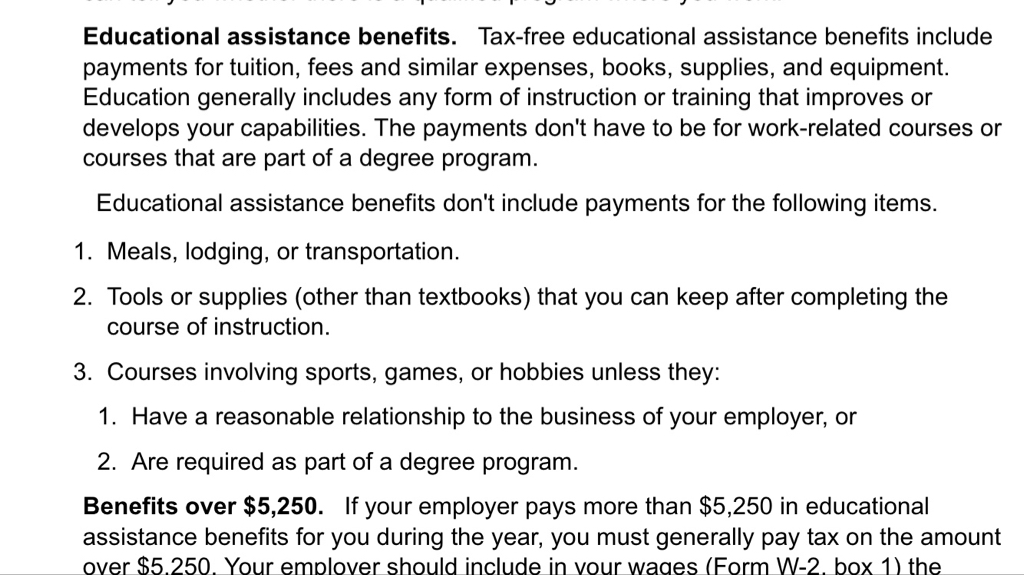Scrabo
Pattern Altitude
The son of a co-worker of mine joined an aerospace company recently and discovered they offer a program that will reimbursement a certain percentage of the expenses associated with flight training for the Instrument Rating.
Of course there is some criteria on length of employment etc, but the two points below is where he asked me for help. Personally I am not IFR rated, attempted several times over the years but life (i.e. kids) got in the way, so I would be the wrong person to ask.
The guy (over 350 hrs all VFR ) works in an IT department which to me makes meeting the following criteria difficult….
Of course there is some criteria on length of employment etc, but the two points below is where he asked me for help. Personally I am not IFR rated, attempted several times over the years but life (i.e. kids) got in the way, so I would be the wrong person to ask.
The guy (over 350 hrs all VFR ) works in an IT department which to me makes meeting the following criteria difficult….
- The alignment of flight training with maintaining or improving the skills necessary for his or her current job (defined business need).
- Supports the employee’s career development plan, together with the strategic business objectives of the business unit.

